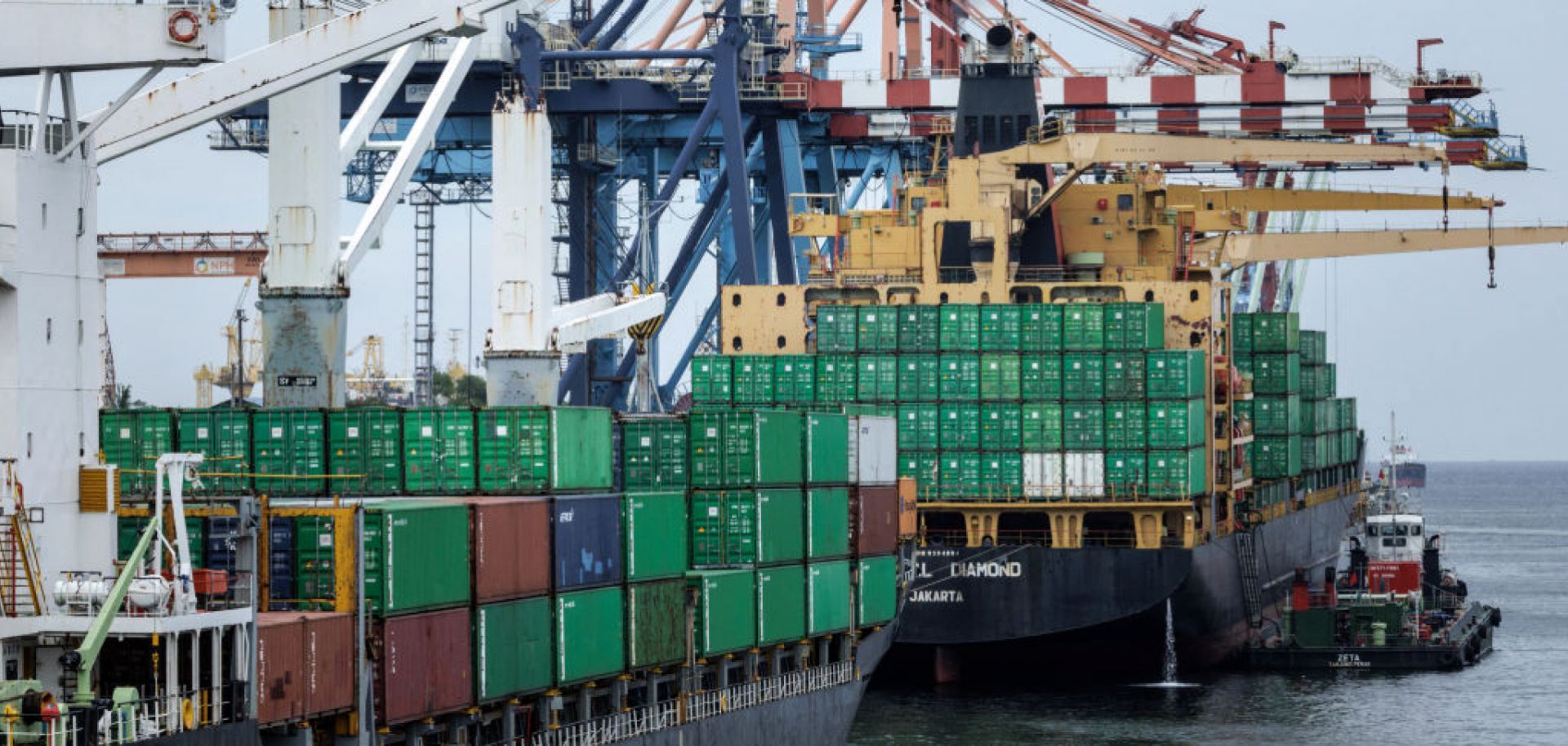While Indonesia's new trade deal with the United States offers short-term tariff relief, the tens of billions of dollars in purchasing commitments and regulatory concessions Jakarta agreed to in exchange for lower levies will expose the country to U.S. leverage that could limit its long-term autonomy. On July 16, Indonesian President Prabowo Subianto confirmed his government had reached a wide-ranging trade agreement with the United States following an announcement made by U.S. President Donald Trump the previous day. Under the deal, most Indonesian exports to the United States will be subject to a 19% tariff, significantly lower than the 32% rate Trump had threatened to impose on Aug. 1. In exchange, the United States will receive what Trump called ''full and total'' market access to the Indonesian economy, including exemptions from non-tariff barriers for U.S. goods. As part of the negotiated terms, Indonesia also committed to buy over $34 billion...

